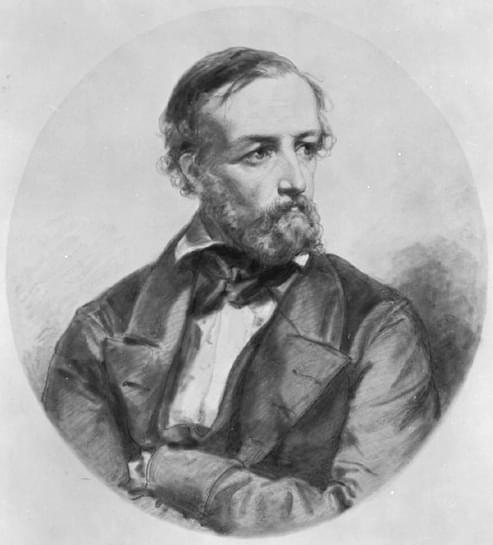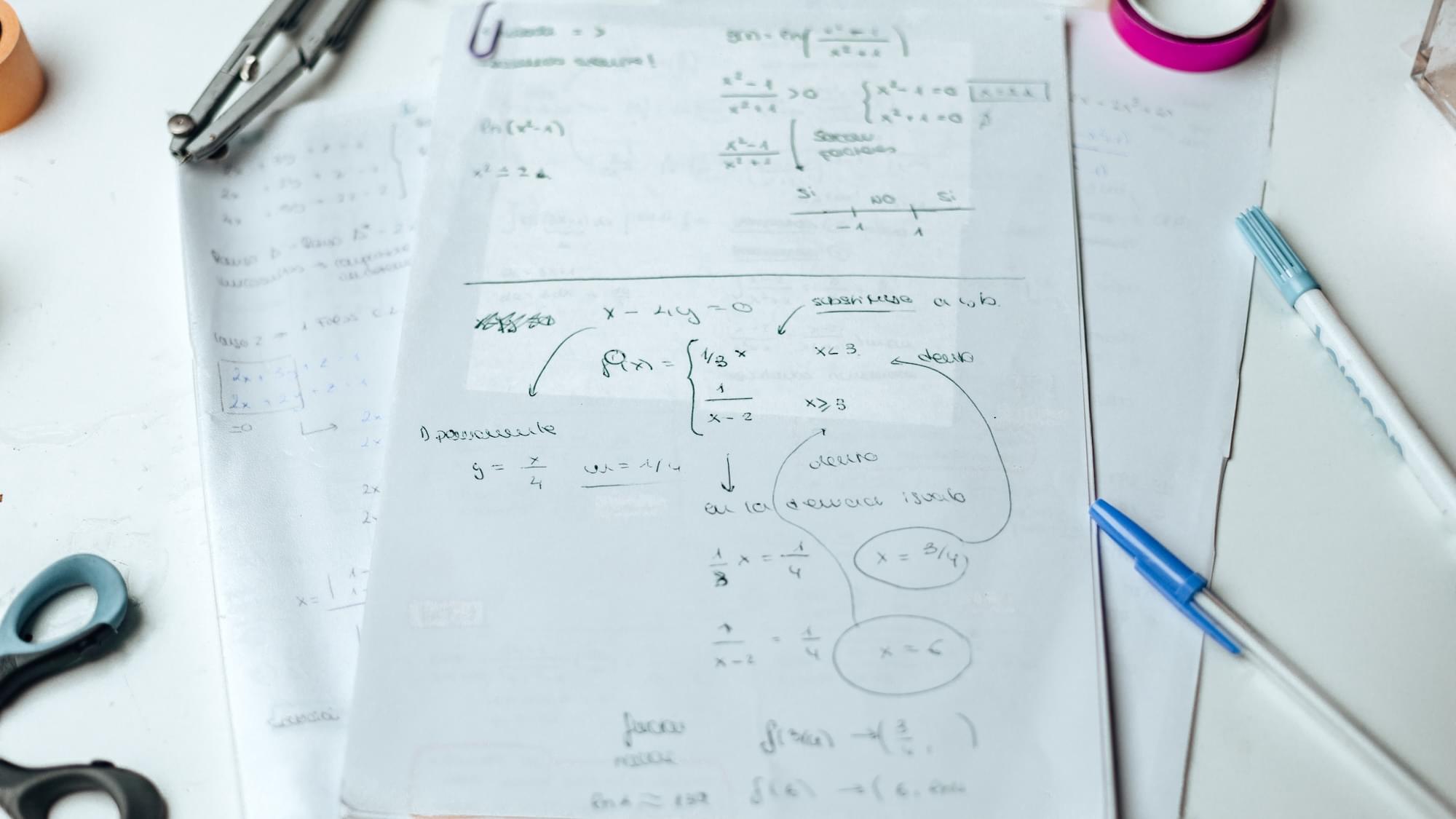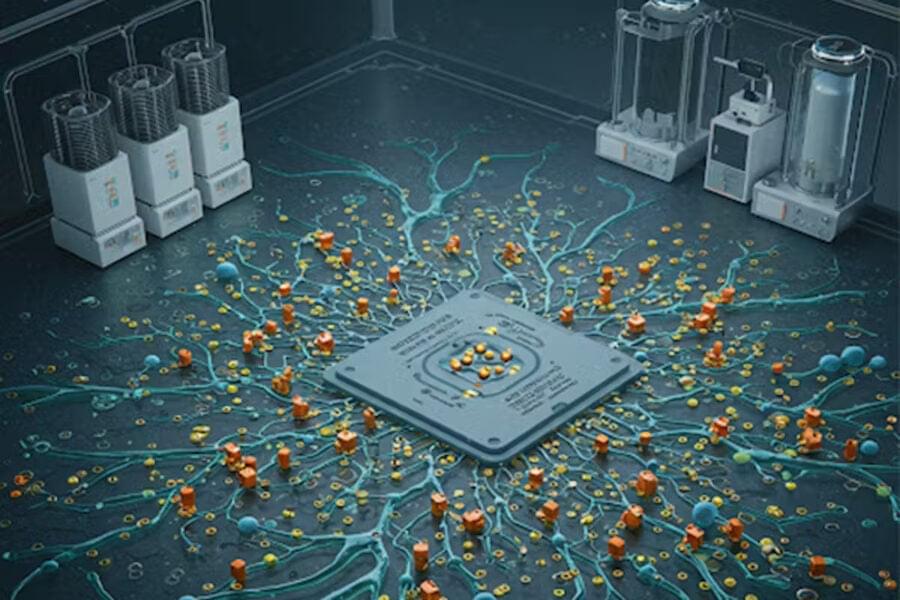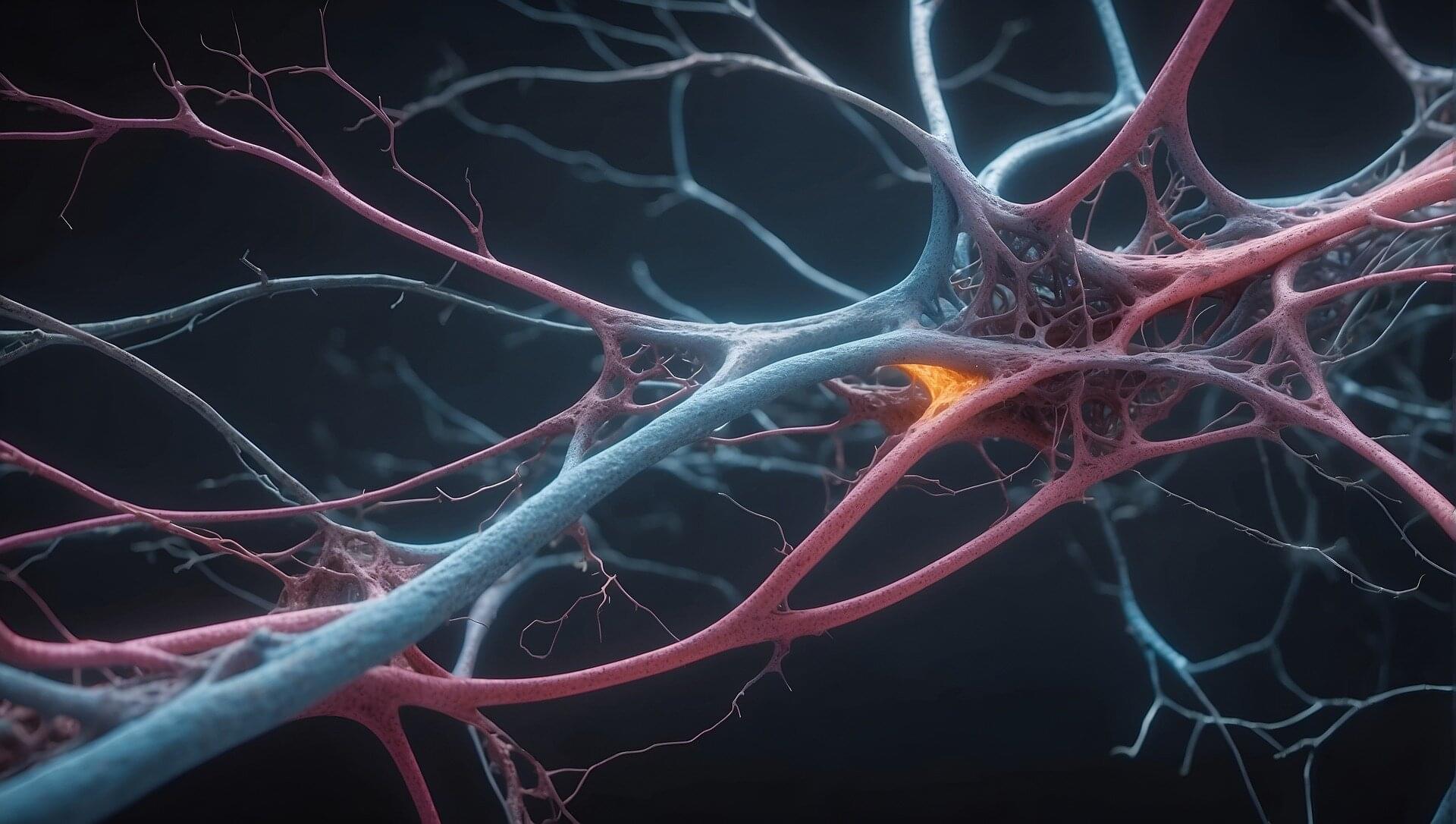The mathematics of graphs has helped reveal a principle that limits the strength of quantum correlations – and explains why physicists have never measured any stronger connections in some post-quantum realm


Solving one of the oldest algebra problems isn’t a bad claim to fame, and it’s a claim Norman Wildberger can now make: The mathematician has solved what are known as higher-degree polynomial equations, which have been puzzling experts for nearly 200 years.
Wildberger, from the University of New South Wales (UNSW) in Australia, worked with computer scientist Dean Rubine on a paper that details how these incredibly complex calculations could be worked out.
“This is a dramatic revision of a basic chapter in algebra,” says Wildberger. “Our solution reopens a previously closed book in mathematics history.”
A mathematician has solved a 200-year-old maths problem after figuring out a way to crack higher-degree polynomial equations without using radicals or irrational numbers.
The method developed by Norman Wildberger, PhD, an honorary professor at the School of Mathematics and Statistics at UNSW Sydney, solves one of algebra’s oldest challenges by finding a general solution to equations where the variable is raised to the fifth power or higher.

It inspired further work — mathematicians like Sophie Germain had previously contributed techniques (notably the “Sophie Germain trick” for special primes), and Dirichlet’s work continued the trend of applying novel number-theoretic tools.
( ; [ 1 ] German: [ləˈʒœn diʁiˈkleː] ; [ 2 ] 13 February 1805 – 5 May 1859) was a German mathematician. In number theory, he proved special cases of Fermat’s last theorem and created analytic number theory. In analysis, he advanced the theory of Fourier series and was one of the first to give the modern formal definition of a function. In mathematical physics, he studied potential theory, boundary-value problems, and heat diffusion, and hydrodynamics.
Although his surname is Lejeune Dirichlet, he is commonly referred to by his mononym Dirichlet, in particular for results named after him.

Most people’s experiences with polynomial equations don’t extend much further than high school algebra and the quadratic formula. Still, these numeric puzzles remain a foundational component of everything from calculating planetary orbits to computer programming. Although solving lower order polynomials—where the x in an equation is raised up to the fourth power—is often a simple task, things get complicated once you start seeing powers of five or greater. For centuries, mathematicians accepted this as simply an inherent challenge to their work, but not Norman Wildberger. According to his new approach detailed in The American Mathematical Monthly, there’s a much more elegant approach to high order polynomials—all you need to do is get rid of pesky notions like irrational numbers.
Babylonians first conceived of two-degree polynomials around 1800 BCE, but it took until the 16th century for mathematicians to evolve the concept to incorporate three-and four-degree variables using root numbers, also known as radicals. Polynomials remained there for another two centuries, with larger examples stumping experts until in 1832. That year, French mathematician Évariste Galois finally illustrated why this was such a problem—the underlying mathematical symmetry in the established methods for lower-order polynomials simply became too complicated for degree five or higher. For Galois, this meant there just wasn’t a general formula available for them.
Mathematicians have since developed approximate solutions, but they require integrating concepts like irrational numbers into the classical formula.
China conducted a secret weapon test that has caught the US intelligence community off guard. Back in August, China lit up the sky when it tested a nuclear-capable hypersonic missile, which travels faster than the speed of sound. The global shipping supply crisis might affect Christmas, thanks in part to China’s power shortage. And a man in Jiangsu Province takes drastic measures after his daughter fails to solve a math problem correctly. Watch this episode of China Uncensored for that and more of this week’s China news headlines.
Jack ma’s dirty secret | power struggle rips ant financial • jack ma’s dirty secret | power strugg…
China’s POWER SHORTAGE could cause economic collapse • china’s POWER SHORTAGE could cause ec…
YouTube demonetizes our channels, we need your support!
www.patreon.com/ChinaUncensored.
https://chinauncensored.locals.com.
We also accept bitcoin!
https://chinauncensored.tv/bitcoin.
Buy our merchandise!
Patreon: https://bit.ly/3v8OhY7
Michael Levin is a Distinguished Professor in the Biology Department at Tufts University, where he holds the Vannevar Bush endowed Chair, and he is also associate faculty at the Wyss Institute at Harvard University. Michael and the Levin Lab work at the intersection of biology, artificial life, bioengineering, synthetic morphology, and cognitive science. Michael also appeared on the show in episode #151, which was all about synthetic life and collective intelligence. In this episode, Michael and Robinson discuss the nature of cognition, working with Daniel Dennett, how cognition can be realized by different structures and materials, how to define robots, a new class of robot called the Anthrobot, and whether or not we have moral obligations to biological robots.
The Levin Lab: https://drmichaellevin.org/
OUTLINE
00:00 Introduction.
02:14 What is Cognition?
08:01 On Working with Daniel Dennett.
13:17 Gatekeeping in Cognitive Science.
25:15 The Multi-Realizability of Cognition.
31:30 What are Anthrobots?
39:33 What Are Robots, Really?
59:53 Do We Have Moral Obligations to Biological Robots?
Robinson’s Website: http://robinsonerhardt.com
Robinson Erhardt researches symbolic logic and the foundations of mathematics at Stanford University. Join him in conversations with philosophers, scientists, weightlifters, artists, and everyone in-between.

The worlds of quantum mechanics and neural networks have collided in a new system that’s setting benchmarks for solving previously intractable optimization problems. A multi-university team led by Shantanu Chakrabartty at Washington University in St. Louis has introduced NeuroSA, a neuromorphic architecture that leverages quantum tunneling mechanisms to reliably discover optimal solutions to complex mathematical puzzles.
Published March 31 in Nature Communications, NeuroSA represents a significant leap forward in optimization technology with immediate applications ranging from logistics to drug development. While typical neural systems often get trapped in suboptimal solutions, NeuroSA offers something remarkable: a mathematical guarantee of finding the absolute best answer if given sufficient time.
“We’re looking for ways to solve problems better than computers modeled on human learning have done before,” said Chakrabartty, the Clifford W. Murphy Professor and vice dean for research at WashU. “NeuroSA is designed to solve the ‘discovery’ problem, the hardest problem in machine learning, where the goal is to discover new and unknown solutions.”


For decades, neuroscientists have developed mathematical frameworks to explain how brain activity drives behavior in predictable, repetitive scenarios, such as while playing a game. These algorithms have not only described brain cell activity with remarkable precision but also helped develop artificial intelligence with superhuman achievements in specific tasks, such as playing Atari or Go.
Yet these frameworks fall short of capturing the essence of human and animal behavior: our extraordinary ability to generalize, infer and adapt. Our study, published in Nature late last year, provides insights into how brain cells in mice enable this more complex, intelligent behavior.
Unlike machines, humans and animals can flexibly navigate new challenges. Every day, we solve new problems by generalizing from our knowledge or drawing from our experiences. We cook new recipes, meet new people, take a new path—and we can imagine the aftermath of entirely novel choices.